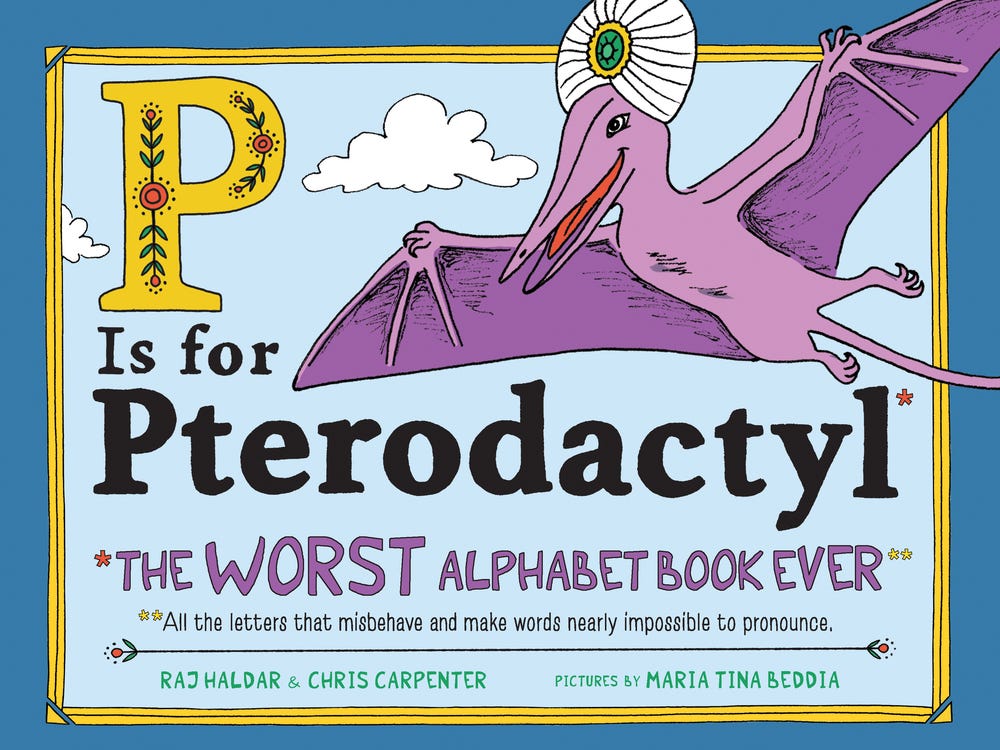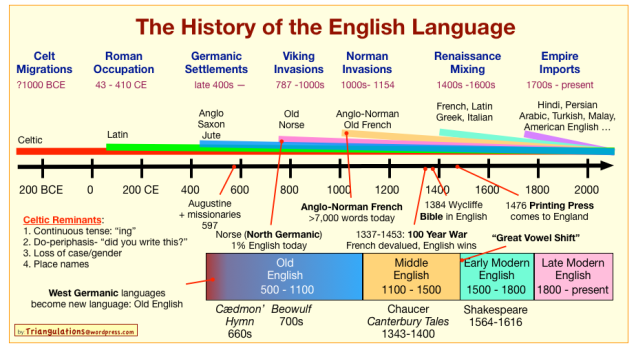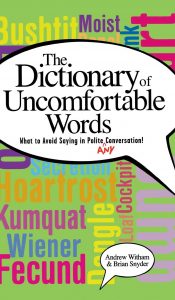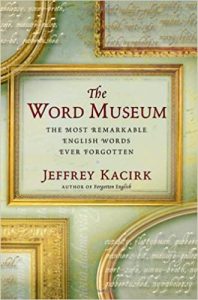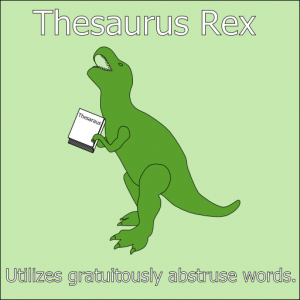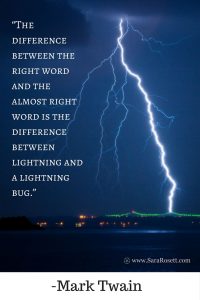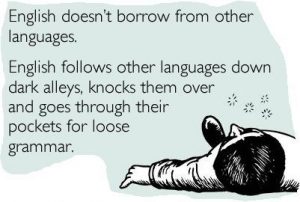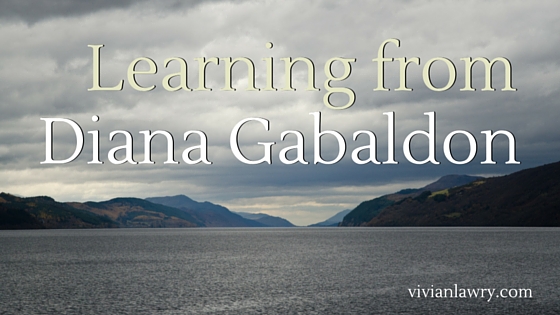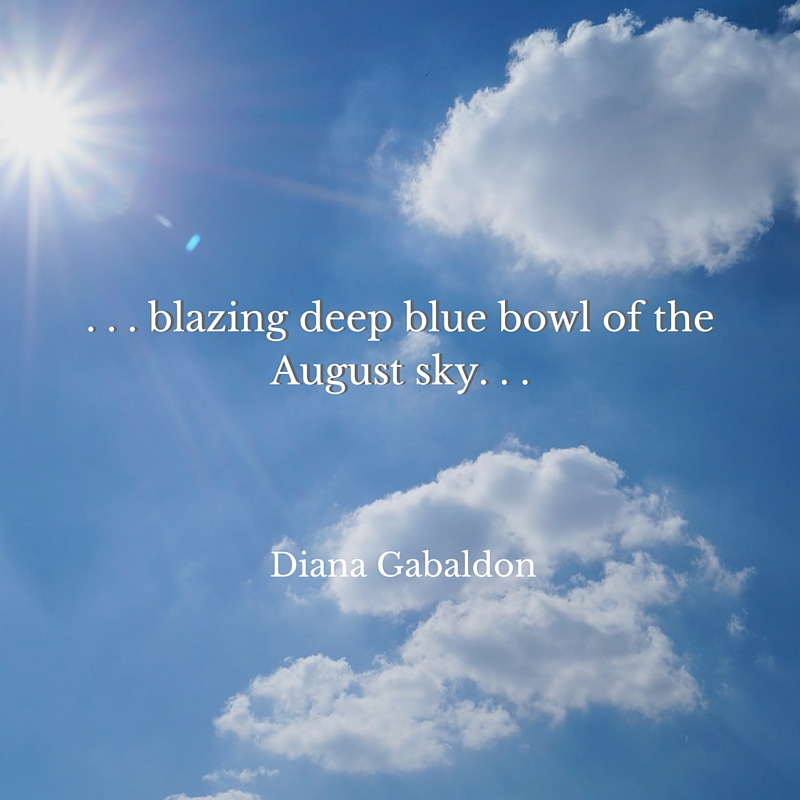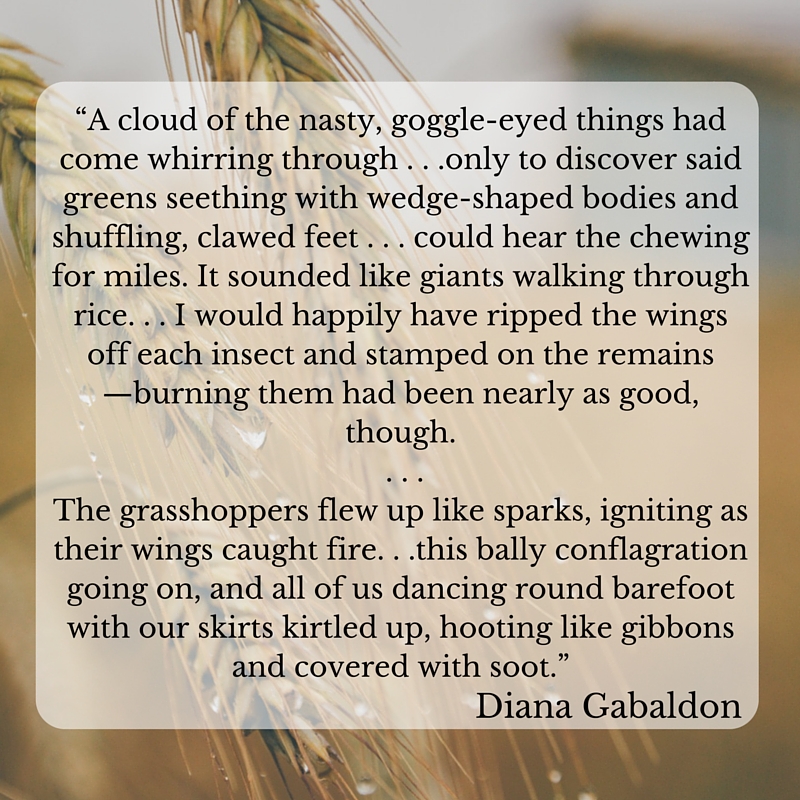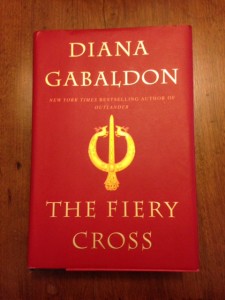(You know who you are!)
Yep, I confess to being an unabashed logophile (lover of words). (This seldom-used word comes from Greek roots: logos, meaning speech, word, reason; and philos, meaning dear, friendly.)
Some people are logomaniacs—i.e., obsessed with words. I may be borderline, but I don’t think I’m quite there yet! On the one hand, I do have more than five full shelves of dictionaries, from general ones like Random House and the OED to specialized ones for everything from slang and historical periods to non-American English (e.g., Australian and South African). On the other hand, I can go whole days without even opening one!
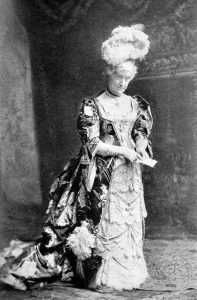
Of course, there is a big difference between being a logomaniac and acrylog. The former are not necessarily loquacious but prefer the mellifluous to the sesquipedalian and can use catachresis rhetorically. The latter are generally more interested in verbiage and tend to commit malapropisms without irony.
Still, I’m gratified to know (according to the Cambridge English Dictionary) that gobby means talks too much. Closely related—but with different nuance—in American English, gabby means excessively or annoyingly talkative.
Recently, I began posting a word a day on FaceBook, just the word, no definition. The only criterion is that it strike my fancy on a given day. But maybe I should theme it.
Uncomfortable Words
These are perfectly good, innocent words that tend to make people squirm. And of course there is a dictionary for that! The Dictionary of Uncomfortable Words: What to Avoid Saying in Polite (Any) Conversation by Andre Witham and Brian Snyder. Here are a few samples of such words early in the alphabet:
- Abreast
- Bunghole
- Dong
- Emission
- Globule
- Horehound
- Arrears
- Crotch
- Dangle
- Feckless
- Grotty
- Ball cock
- Crapulous
- Elongate
- Fecund
- Hocker
Old Words That Deserve a Rerun
Why be exhausted when you could be ramfeezled or quaked? Why be surprised when you could be blutterbunged?
One of the best dictionaries for these and other old words is The Word Museum: The Most Remarkable English Words Ever Forgotten by Jeffrey Kacirk.
- Biblioklep: book thief
- Bouffage: satisfying meal
- Bruzzle: to make a great to-do
- Cabobble: to mystify/puzzle/confuse
- Cark: to be fretfully anxious
- Fabulosity: the quality of being fabulous
- Falling weather: rain, snow, hail
- Flamfoo: a gaudily dressed woman
- Fleshquake: a tremor of the body
- Flonker: anything large or outrageous
- Flurch: a multitude, a great many (things, not people)
- Gutterblood: people brought up in the same immediate neighborhood
- Hipshot: strained or dislocated in the hip
- Leg-bail: run from the law, desertion from duty
- Nicknackitarian: dealer in curiosities
- Noggle: to walk awkwardly
- Overmorrow: the day after tomorrow
- Prinkle: tingling sensation
- Rooped: hoarse, as in bronchitis
- Scruze: squeeze, compress
- Smoothery: medicine or salve to remove hair
- Tazzled: entangled or rough, untidy head of hair
- Thenadays: in those days, times past
- Thinnify: to make thin
- Woman-tired: henpecked

Words That Are Seldom Seen—or Heard
I just like them.
- Rantipole: a wild, reckless, sometimes quarrelsome person; characterized by a wild, unruly manner or attitude.
- Solivagant: rambling alone, marked by solitary wandering.
- Agathokakological: composed of both good and evil. True of many (most?) people, and of all good villainous characters!
- Noctiphany: something that happens only at night.
- Skice: to frisk about like squirrels in spring.
- Lethologica: when a word is on the tip of your tongue.
- Sesquipedalian:
And when it just won’t come in time, you can substitute. Here are some words for an object, event, type of media, abstract concept, or person whose name is forgotten, unknown, or unmentionable. There are regional variations, but some of these seem to be universal.
- Thingamajig
- Thingummy
- Thingamabob
- Whatchamacallit
- Whatsit
- Thingy
- What’s-his/her-name
- What’s-his/her-face
- Doohickey: object or device
- Doodad
- Gizmo
And then there are the nuances of words to consider. By this, I mean words that can objectively mean the same thing but create different impressions of age, social class, education, gender, etc. Some words are essentially unintelligible to people outside a particular social group. This is where a good thesaurus comes in handy (or Urban Dictionary). A few examples:
- Old, aged, elderly, antique, boomer
- Curvy, overweight, fat, thicc [sic]
- Whopperjawed, off-kilter, crooked, ill-fitting, skeevy
- Heart, ticker, vascular organ
- Tall, high, elevated
- Angry, upset, ticked, pissed off, aggro
- Vessel, container, bowl, pot, urn
Writing about words could go on forever. So I think I’ll wrap this up for now, without even touching on insults and name-calling. Maybe another time.
Bottom line: never too many words.
